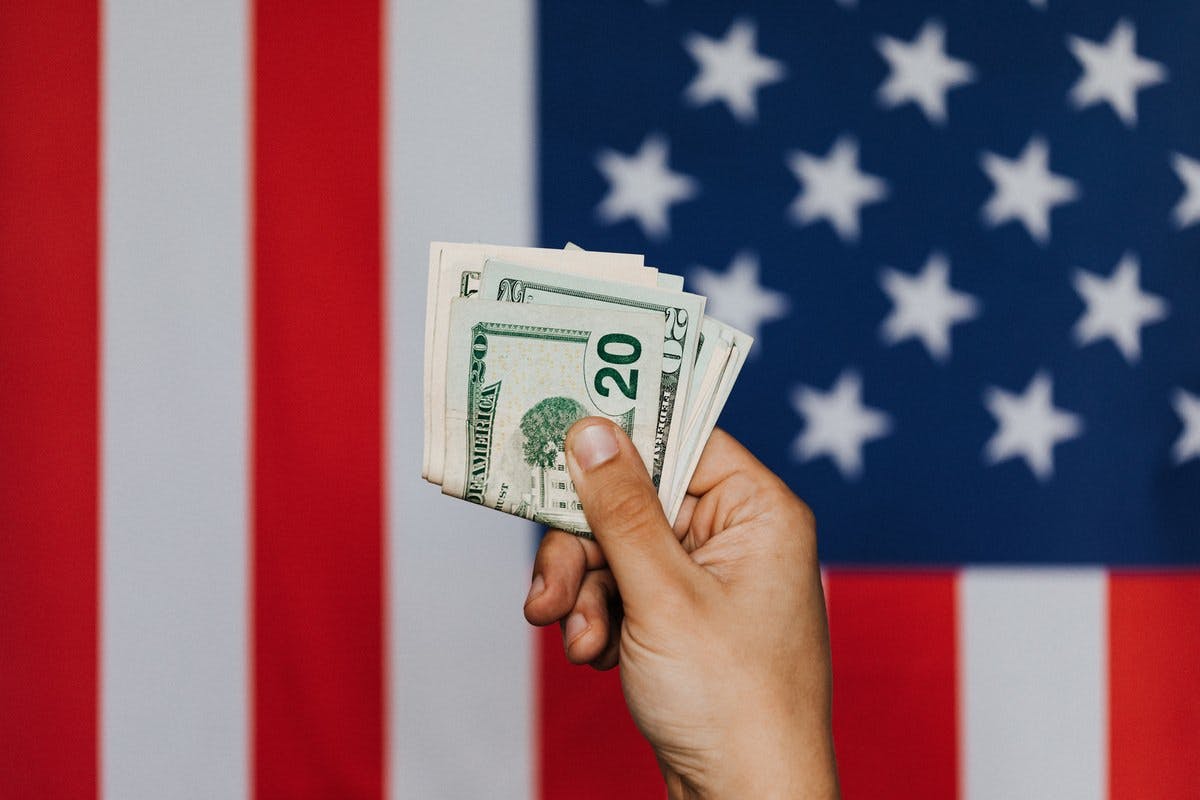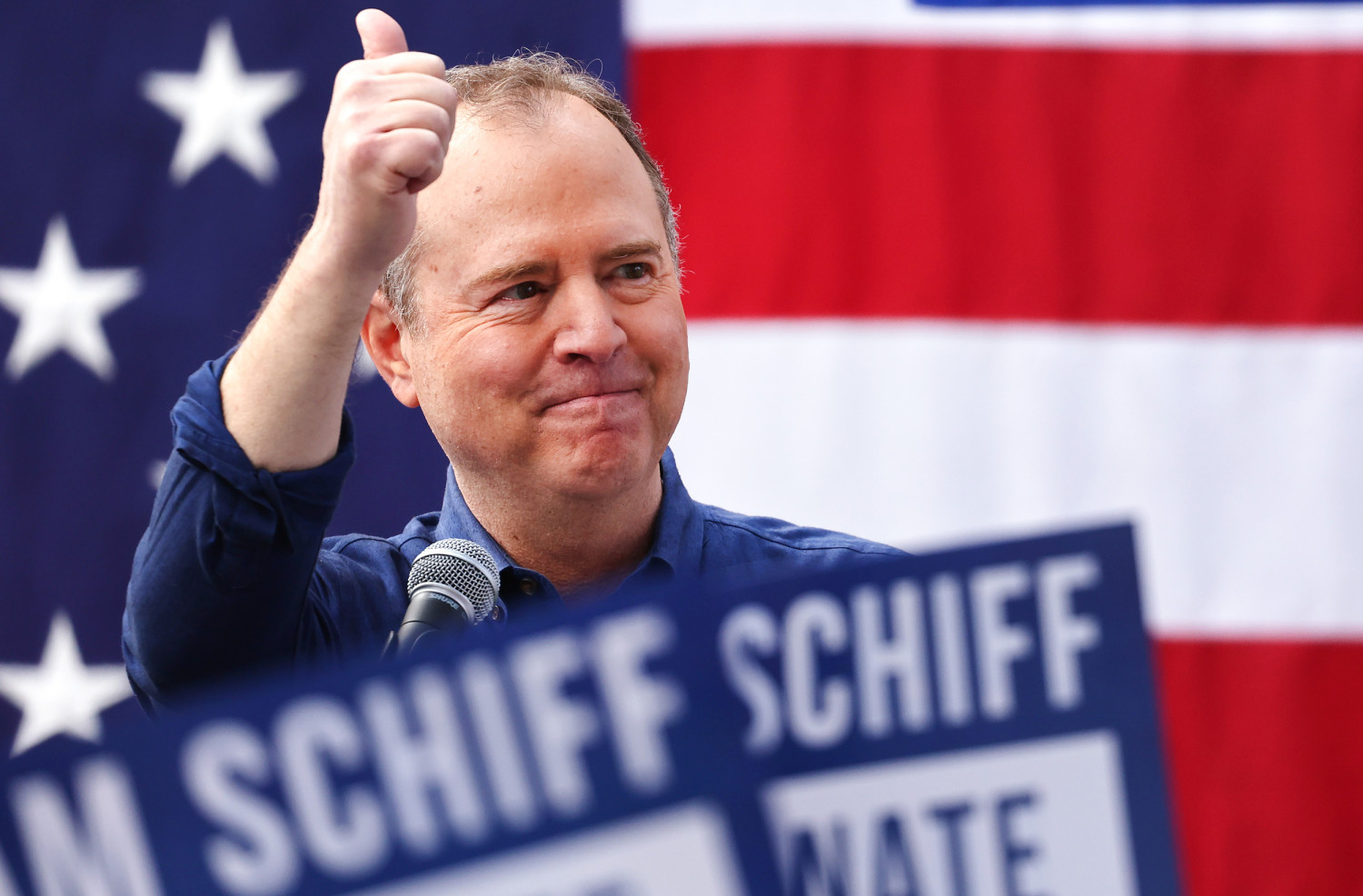Blog

When Congressman Adam Schiff (D-CA) announced he was running in a crowded Senate primary in the race to succeed long-serving Democratic Senator Dianne Feinstein, few predicted he would have demolished his opponents by raising over $8 million in a single quarter with nearly $30 million on hand over a year before votes are cast.
What did Adam Schiff do to set himself apart in the minds of Democratic primary voters? He was censured by the House GOP.
The vote to censure him split evenly among party lines, with Republicans accusing him of abusing his position on the Intelligence Committee to unfairly investigate then-President Trump. Every single Democrat voted against the measure.
Schiff made a name for himself in the House of Representatives as a distinctly anti-Trump figure, leading the way during the Russia investigations, both impeachments, and the fallout from January 6th. As the leading figure and Chair of the House Intelligence Committee, Schiff burnished his public image around leading the various legal investigations intro Trump, in addition to serving as the lead impeachment manager during Trump’s first impeachment trial.
Before any of that, even, Schiff immediately recognized the political opportunity in branding himself as one of the Democrat’s leading anti-Trump figures: in the first 6 months of Trump’s presidency alone, far before any impeachment trials or indictments, Schiff made over 123 national TV news appearances, totaling over 14 combined hours of airtime. On the first day of Trump’s impeachment trial, in which Schiff was heavily featured as its lead manager, garnered 11 million views on cable news alone.

Because Schiff has worked tirelessly to frame his political brand around how bad and corrupt the other side is, he’s positioned himself to reap the rewards from a zero-sum two party game.
And reaping the rewards he is: because of Schiff’s tireless “I will go after Republicans” branding, Democratic primary voters (on the whole more liberal than general election voters) flocked to his campaign, supplying him with more fundraising dollars than all of his challengers combined.
His story highlights a trend that’s become all too common in modern politics: it’s not about what you as the candidate stand for, it’s about who you stand against.
Look no further than Donald Trump’s fundraising numbers as he mounts a third presidential campaign: his campaign raised $35 million in Q2 alone, almost all of it coming after his historic indictment for allegedly committing several federal crimes. Because Trump has framed his indictment as the result of the other side unfairly targeting him, his supporters have been hyper-mobilized to double down on their financial support of him.
Because it’s not what he stands for, it’s who he’s standing against.
Political polarization and the increased importance of campaign fundraising feed into each other in a warped, negative feedback loop in which the candidate on each side who can best position themselves as “the noble warrior,” unfairly victimized in their righteous battle against “the evil other side” will almost inevitably attract the most dollar bills – and as we know, those who raise the most money tend to win their campaigns.
This is the predictable result of two-party politics. When the fight becomes about who can best quash the other side, candidates who are perceived as “victims” of the other side’s unfair corruption garner the most sympathy, the most support, and thus the most money. Their actual voting record and policy platforms essentially become an afterthought when positioned against the seductive pull of a storytelling narrative that positions them as the lone David attempting to take down the all-powerful Goliath of the other political party.
Is this really the best way for us to choose our public leaders? Is this really the most ideal way to determine who should be writing bills and creating laws?
We don’t think so. That’s why Good Party was founded – to make it easier and more accessible to run for office as an independent and to vote for independent candidates. The two-party duopoly isn’t going to break itself.
